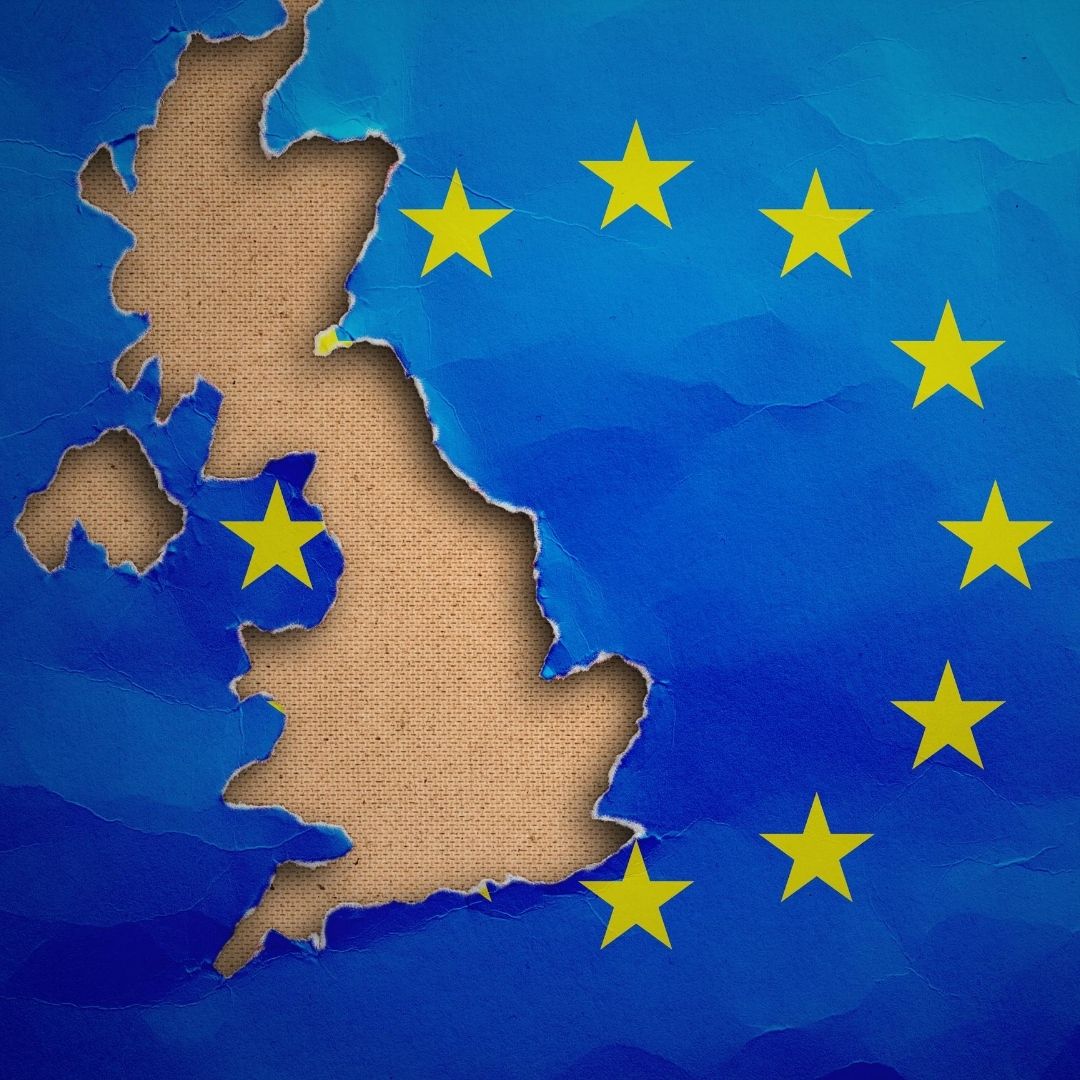Virtual Round Table - Intellectual Property in 2021
20th July 2021

Brexit officially happened – the United Kingdom (UK) left the European Union (EU) – on 31 January 2020, but EU law will continue to take effect in the UK until 31 December 2020.
And so speculation builds – what is going to happen to European intellectual property rights?
It’s evident that EU unitary rights such as EU Trademarks and Community Designs are going to erode to exclude the UK, but (a cohort in) the patent vox populi has been resolute that there will be no change to the European patent landscape.
But now eyes are turning to the (still awaited) EU Unitary Patent (UP) and Unified Patent Court (UPC). The proposed UP is intended to provide uniform patent protection in 26 EU Member States and the proposed UPC is planned to be a single court common to 25 EU Member States.
So is the UK part of the UP and the UPC following Brexit?

The short answer is… No.
Just this week, the UK has withdrawn its ratification of the UPC Agreement on the basis that participating in a court that applies EU law and is bound by the Court of Justice of the EU (CJEU) is inconsistent with the aim of becoming an independent self-governing nation.
So… onwards without the UK!
Actually, that’s not so straightforward!
A.7(2) of the UPC Agreement places the seat of the central division of the UPC in Paris, with sections in London and Munich.
Although the central division could theoretically maintain a section in London as the section will only be geographically located in the UK, but will jurisdictionally still fall under the UPC – the question is whether, politically, the central division could maintain a section in the UK. Likely, there will be a strategic manoeuvre to try to wrestle the section to another Contracting Member State, which will in any case require an amendment to the Agreement.
In any case, A.89 UPCA stipulates that the Agreement will only enter into force after the 13th Contracting Member State has ratified, and so long as the 13 includes the Top 3 EU Member States in which the highest number of European patents had effect in the preceding year. Those Top 3 EU Member States have to date been Germany, France, and the UK. It’s unclear how A.89 UPCA can take effect without the participation of the UK if the UK is one of those Top 3 EU Member States.
Well – according to the EPO, in 2018 (the latest figures), Ireland was the next EU Member State after the UK to have the highest number of validations of granted European patents, with figures only 2% lower than in the UK, so perhaps the UK won’t retain the Top 3 spot in the future.
Another option could be to amend A.89 UPCA to require that the Agreement enters into force after ratification by the Top 3 “Contracting Member States” (countries taking part in the UPC, as opposed to any EU Member States). This would, of course, mean having to amend the Agreement and have the EU Member States, firstly agree on the amendment and, then ratify the amended Agreement, essentially setting the process back about 7 or 8 years (and potentially more, if the can of worms of renegotiating the UPC Agreement is re-opened).
It might be easier to just validate more European patents in Ireland!
If you need some more information on the UP or UPC, we have published a series of articles on our website, each addressing a different facet of the system. If you have any questions about the effects the system will have on your business, please contact Donal M Kelly PhD, European Patent Attorney.